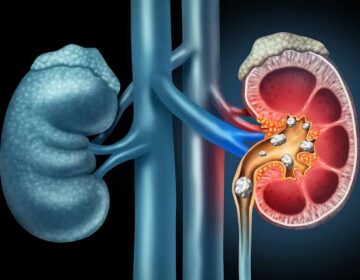Scientists reveals how gut microbes may influence the development of coronary artery disease, the world’s leading killer.
Nearly 20 million people lose their lives each year to cardiovascular diseases, which remain the top cause of death worldwide. While genetics and lifestyle factors influence how these conditions develop and how severe they become, growing evidence suggests that microbes inside the body may also have a powerful impact, especially in coronary artery disease (CAD).
Recent research points to the gut microbiome as a key player in how CAD progresses, yet scientists still know little about the exact roles individual bacteria play.
Progress is beginning to accelerate. In a new study published in mSystems, researchers based in Seoul explored how specific gut microbes and their biological functions are linked to CAD.
“We’ve gone beyond identifying ‘which bacteria live there’ to uncovering what they actually do in the heart-gut connection,” said Han-Na Kim, Ph.D., a genomicist at the Samsung Advanced Institute for Health Sciences and Technology at Sungkyunkwan University in Seoul, who led the study.
To investigate, Kim’s team analyzed fecal samples from 14 patients diagnosed with CAD and compared them with samples from 28 healthy individuals. They used metagenomic sequencing, a method that examines all the DNA in a sample to reconstruct the genomes of individual microbes.
Through this approach, the researchers identified 15 bacterial species linked to CAD and uncovered several biological pathways that may connect gut microbes to the progression of heart disease.
“Our high-resolution metagenomic map shows a dramatic functional shift toward inflammation and metabolic imbalance, a loss of protective short-chain fatty acid producers, such as Faecalibacterium prausnitzii, and an overactivation of pathways, such as the urea cycle, linked to disease severity,” Kim said.
Notably, the genome-level analysis also suggested that strains of friendly bacteria can turn harmful. Microbes usually categorized as being beneficial to human health, including Akkermansia muciniphila and F. prausnitzii, can have different functional roles depending on whether they came from healthy or diseased guts, said Kim.







